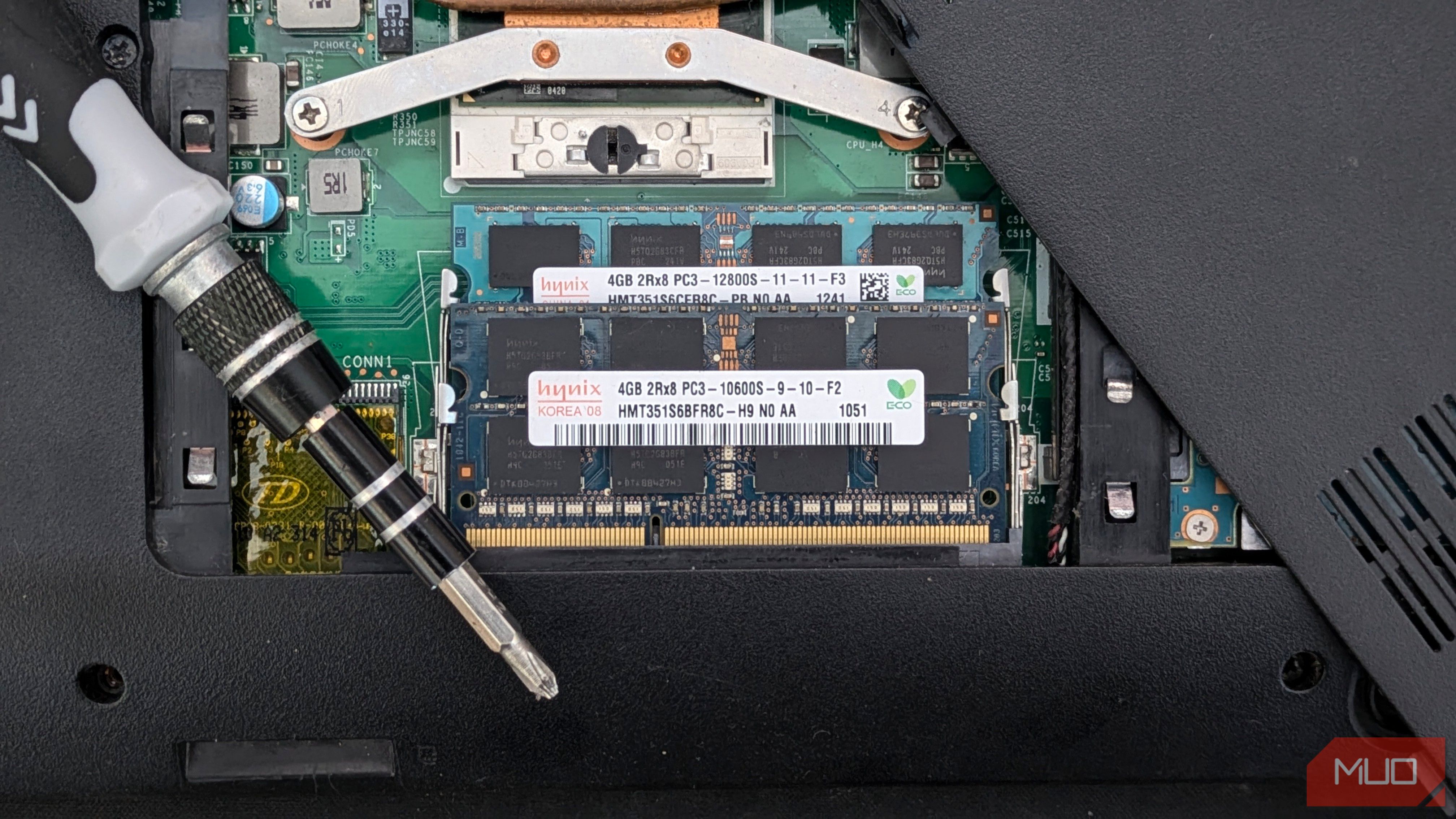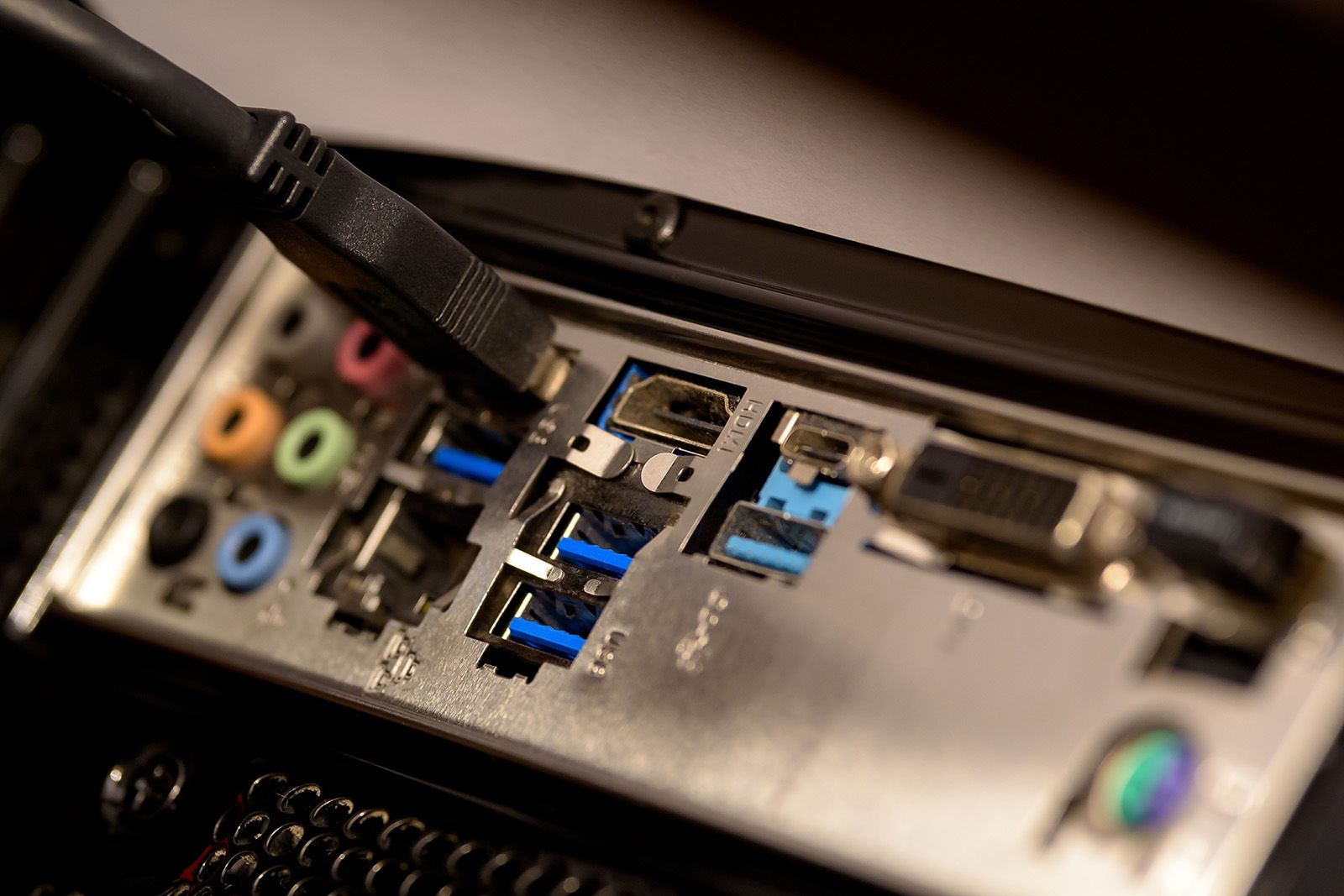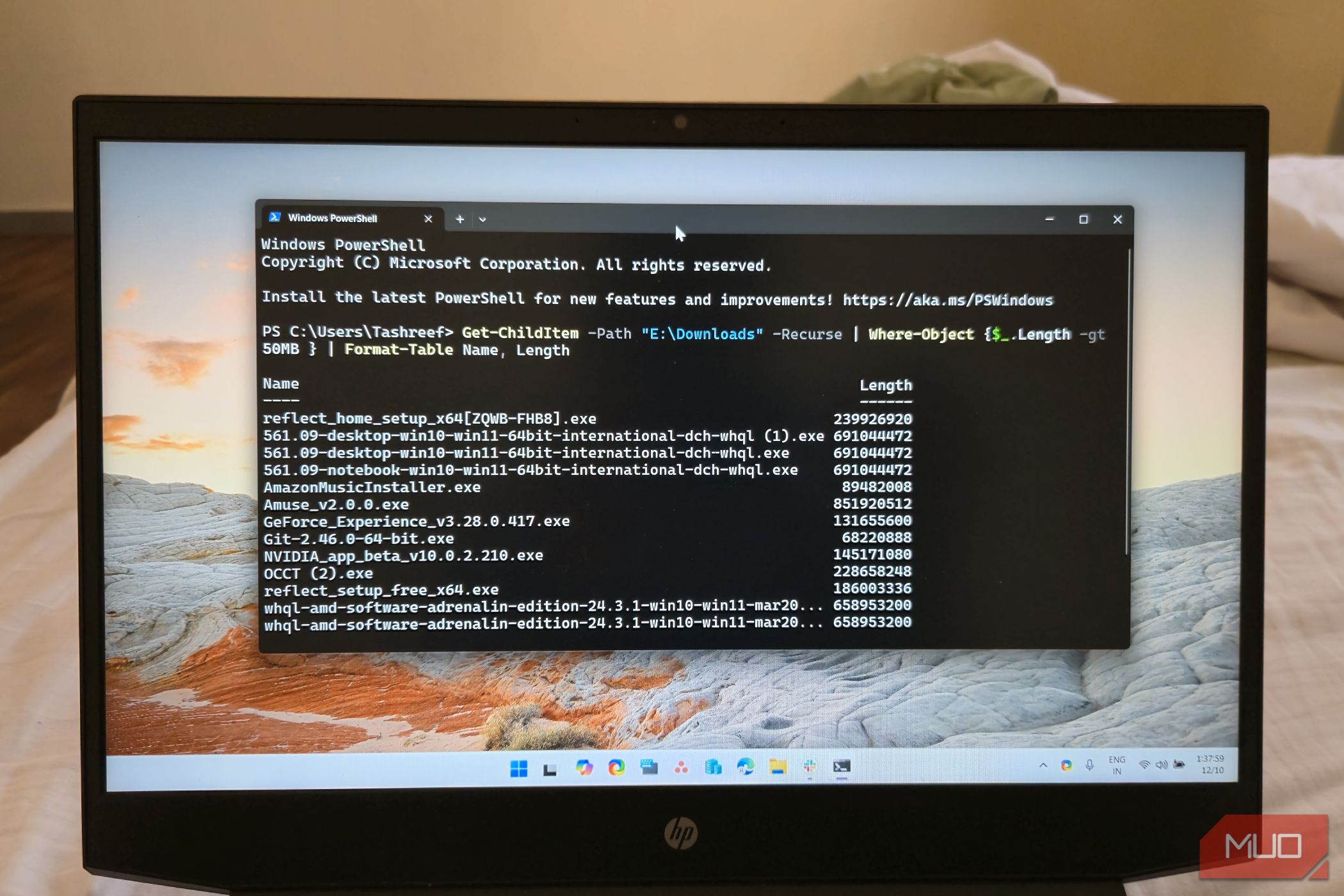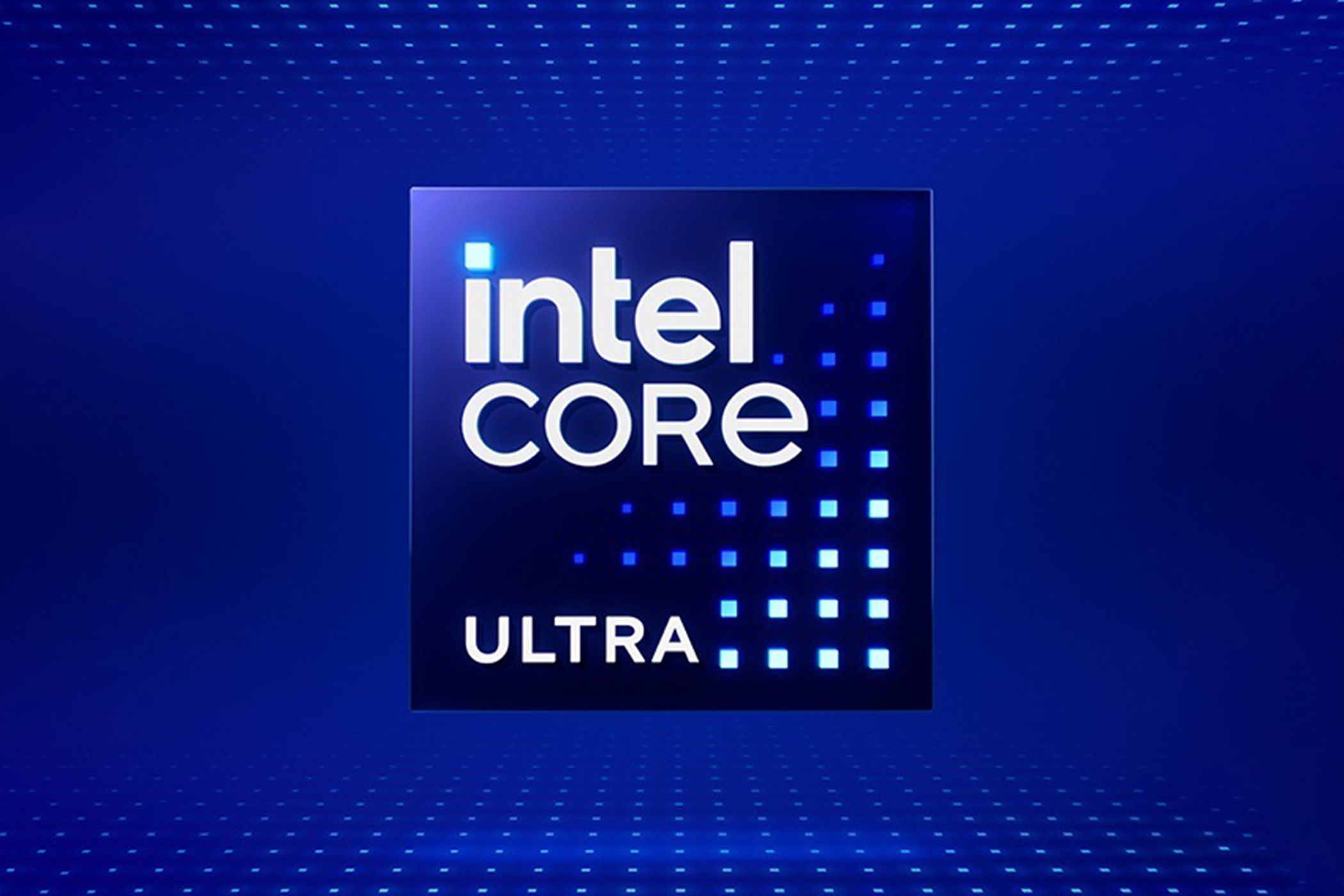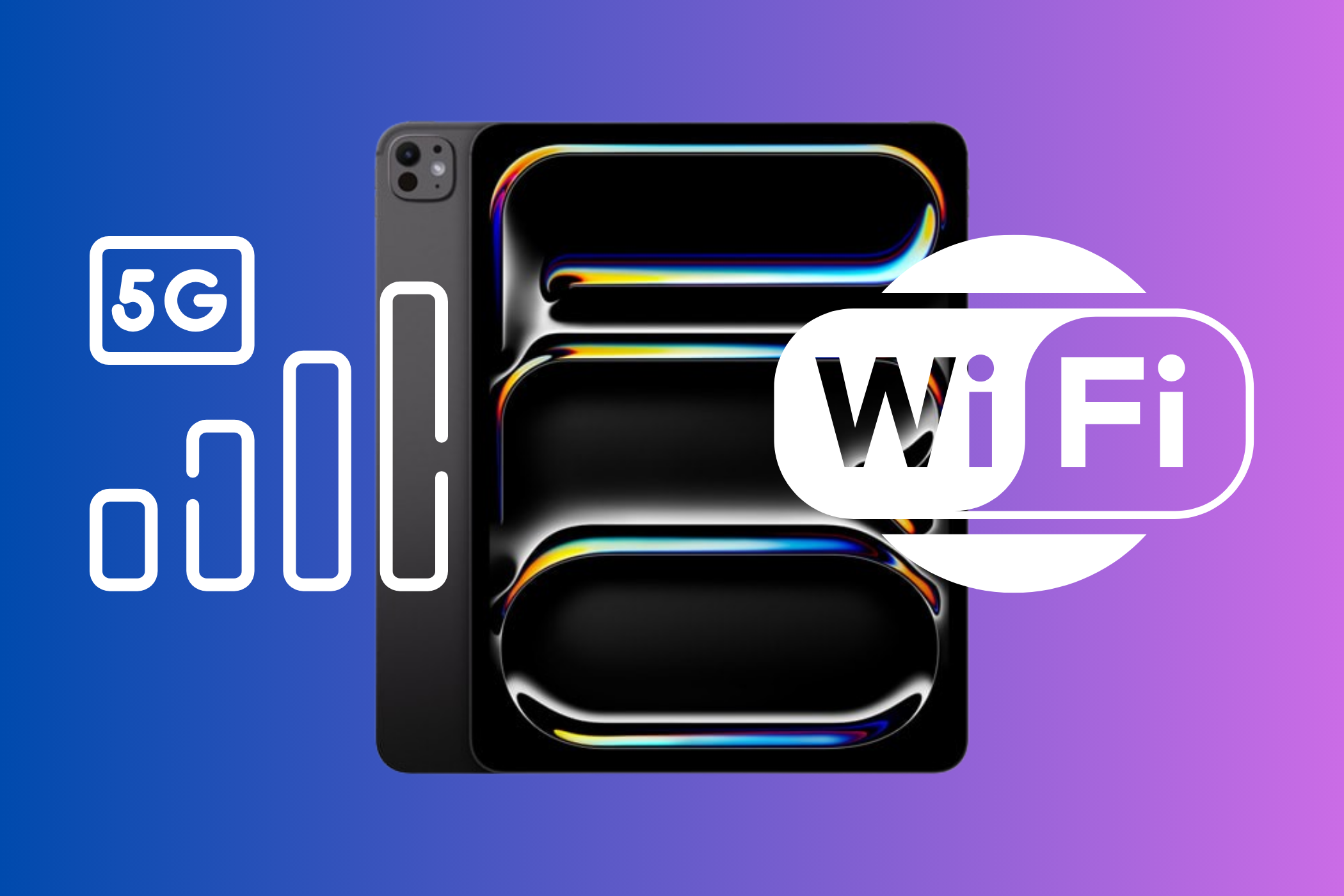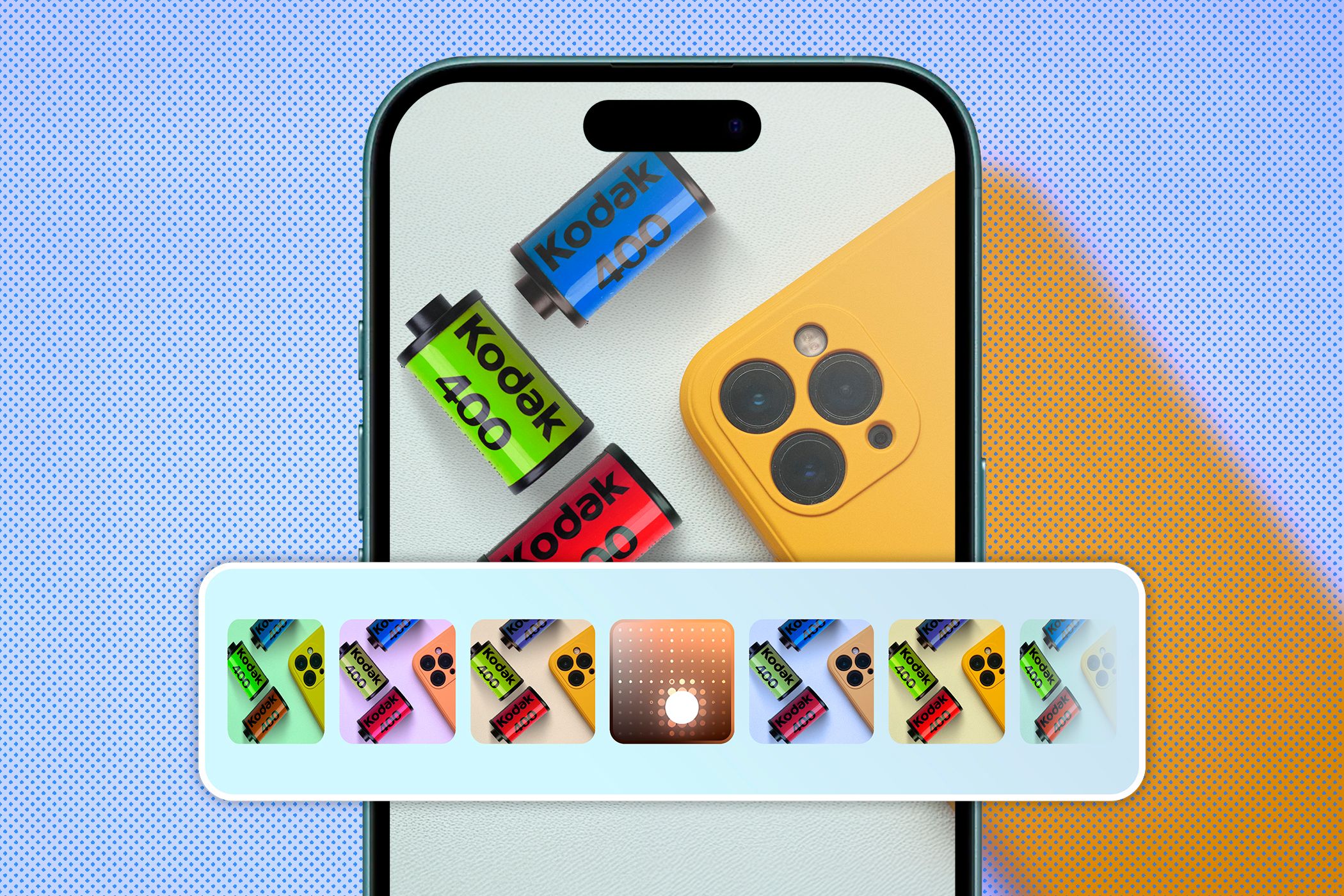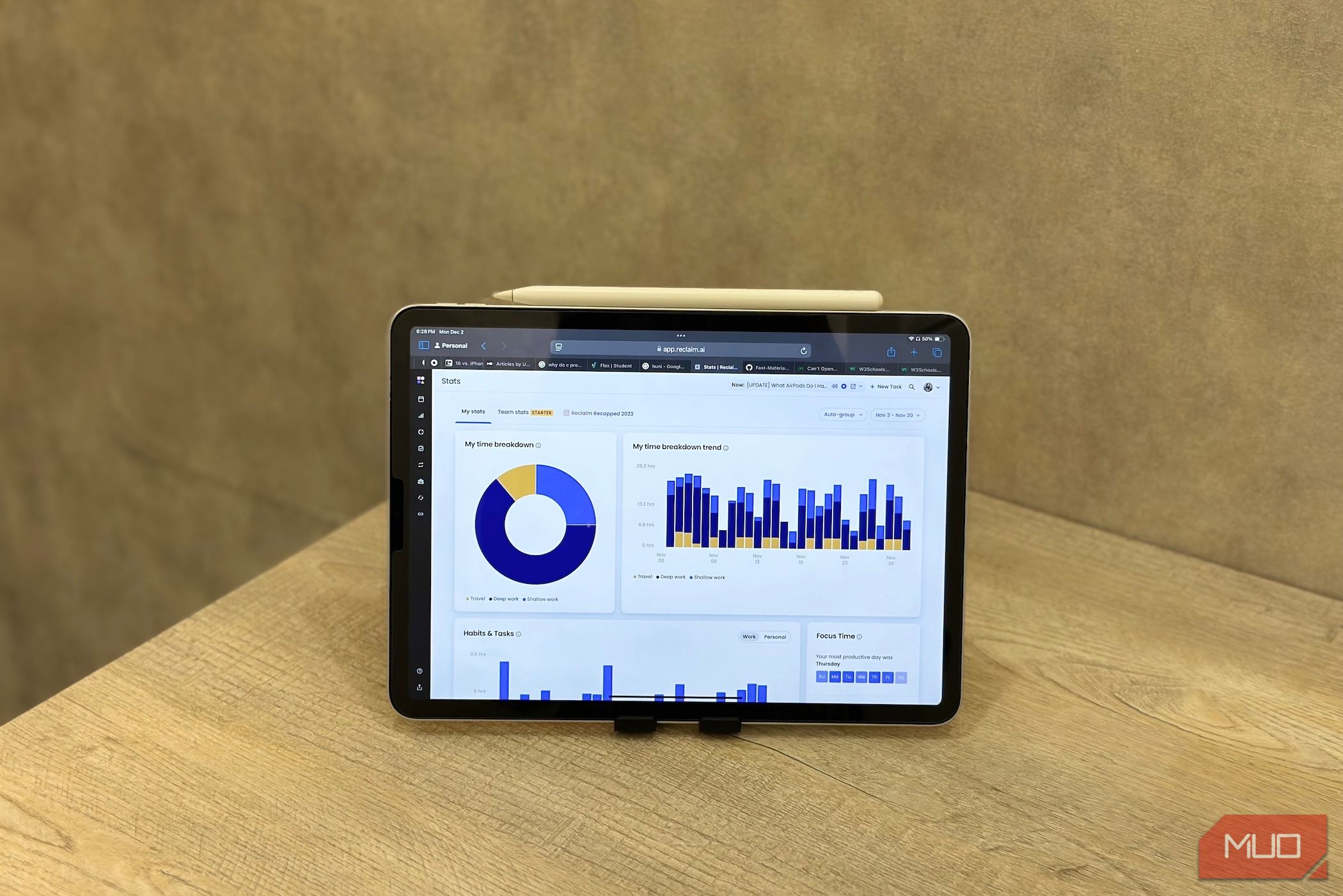Choosing between a laptop and a desktop computer involves more than portability and price. If you’re currently unsure whether to get a desktop PC or a laptop, this is what to consider before making the purchase:
Laptop and Desktop Grade Components Aren’t the Same (Despite the Same Branding)
At first glance, laptops and desktops appear to offer similar components, especially when manufacturers use identical branding. For example, CPUs on both types of PCs may fall under the same labels, like Intel’s Core i3, i5, and i7 (even more so after Intel’s Core Ultra CPU rebrand) or AMD’s Ryzen 3, 5, and 7. Similarly, GPUs are often marketed under the same Nvidia RTX branding, such as the RTX 3060, 3070, or 4070.
However, a laptop Intel Core i3 is not the same as a desktop Core i3. Desktop components are typically far more powerful due to their larger size, which allows for more transistors and better cooling systems. This performance gap also applies to GPUs—desktop versions are designed to handle higher workloads than their laptop counterparts.
Similar nomenclature is used because manufacturers aim to differentiate product tiers within each market segment. However, these labels do not imply equal performance. Laptop and desktop components cater to different use cases and should not be directly compared.
Understanding these differences is crucial. A laptop with a high-end CPU will not match the performance of a similar-tier desktop CPU. A desktop will always be the better choice if you require maximum performance.
But this doesn’t necessarily mean that a laptop won’t have the computing capability for your workload either. Many laptops can be used for Triple-A gaming, video editing, and even virtualization and simulations.
I Wish I’d Thought About Future Upgrades From the Start
I once purchased a laptop with the lowest configuration possible. It had 8GB of RAM and 250GB of SSD memory. I didn’t need to get the next model up with double the RAM and SSD since I planned to upgrade them myself when I felt my laptop needed one. Unbeknownst to me, more modern laptops, especially thin and light, come with soldered RAM and an SSD that is trickier to upgrade. This ultimately led me to swap out my laptop and pay extra cash to get one with better specs.
If you plan to buy a laptop, always check whether it’s upgradeable. Many thin and light laptops, such as those powered by Apple’s M Series chips, have soldered RAM and SSD, leaving you no room for upgrade. Most gaming laptops provide options for upgrading RAM and SSD. If you’re set on buying a non-upgradable laptop, get one with a more powerful configuration.
In contrast, desktop computers don’t often have these problems. The only limitation you have to check is the motherboard. Some motherboards are more upgradable than others. If you want your desktop PC to last even longer, choose a motherboard using the latest standards. There are a few standard motherboard sizes. In general, the bigger the motherboard, the better its upgradability. So, for best upgradability, get an EATX or ATX motherboard and avoid micro-ATX and mini-ITX motherboards.
One Isn’t Necessarily Cheaper Than the Other
When comparing the price to performance between laptops and desktop computers, it is easy to assume that desktop PCs are much cheaper. However, unlike laptops, many of us forget that desktop computers also require peripherals to use. At a minimum, you must buy a mouse, keyboard, headphones/speaker, and a monitor. And depending on the quality of computer peripherals you get, computers can get expensive.
Of course, computer peripherals aren’t necessarily for desktop PCs only. Although you can use your laptop as an all-in-one device, many people also buy the same computer peripherals for their laptops. Sometimes, a laptop user may spend more on peripherals. After all, they need a docking station for more ports, external hard drives to store more files, or even an external GPU to play GPU-intensive games. What’s good about a laptop is that you don’t need to buy peripherals immediately, while with desktop PCs, it’s a must.
So, before deciding whether to buy a laptop or a desktop computer, make sure to consider the cost of peripherals you need and check if the total amount is still within your budget.
Ergonomics Made a Bigger Difference Than I Expected
I underestimated the importance of ergonomics in my computing experience. Poor ergonomics can lead to reduced performance, whether it be for productivity or gaming. Desktop computers allow for adjustable monitor heights, separate keyboards, and mice. This setup enables a more ergonomic workstation, reducing strain on the neck, back, and wrists. In contrast, laptops, with their fixed screens and keyboards, provide limited fine adjustments and can lead to poor posture.
Consider ergonomics as an essential factor before deciding whether to buy a laptop or desktop, especially if you spend long hours at the computer. Also, remember that, with proper accessories and peripherals, a laptop can provide the same level of comfort as a desktop computer. Just be aware that you will also be paying for ergonomics.
Ports Are Super Important to Consider
I realized quickly that laptops today don’t have enough ports! Yes, I could connect to a keyboard, mouse, and monitor, but it left me no port for a USB flash drive or an extra monitor.
Many laptops today only offer two USB ports, an HDMI, and maybe a 3.5 mm audio port. If you want to use your laptop with computer peripherals, make sure to also consider what type and how many ports you need. If you are considering a USB hub or laptop dock to expand your laptop’s lack of ports, make sure your laptop supports one of the latest versions of Thunderbolt. Using a USB dock or hub on a regular USB-C or port can affect USB performance.
Although this is a typical problem for a laptop user, desktop computers can also have this type of problem, especially if they want to use a whole array of computer peripherals and accessories. Since desktop computers are often used as work/gaming stations, they are often connected to even more peripherals, such as printers, external memory drives, AR and VR headsets, SIM racing controllers, audio interfaces, web cameras, and multiple monitors. Just because desktop computers often have more ports doesn’t always mean they can support all of your peripherals.
With that said, most people aren’t going to be maxing a desktop computer’s ports. So, if your application involves connecting multiple devices, a desktop’s extensive port selection will be the more convenient option. However, if portability is a priority, be prepared to invest in adapters or docking stations for a laptop.
Choosing between a laptop and a desktop involves more than just considering portability and price. Reflecting on my experience, I wish I’d paid closer attention to component differences, upgrade potential, and total cost, including peripherals, ergonomics, and port availability. By carefully evaluating these factors, you can select a computer that meets your current needs and adapts to future requirements.

